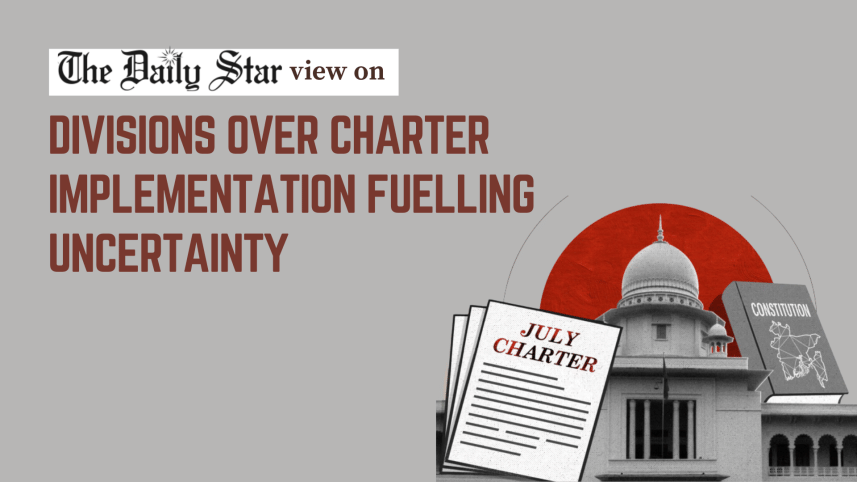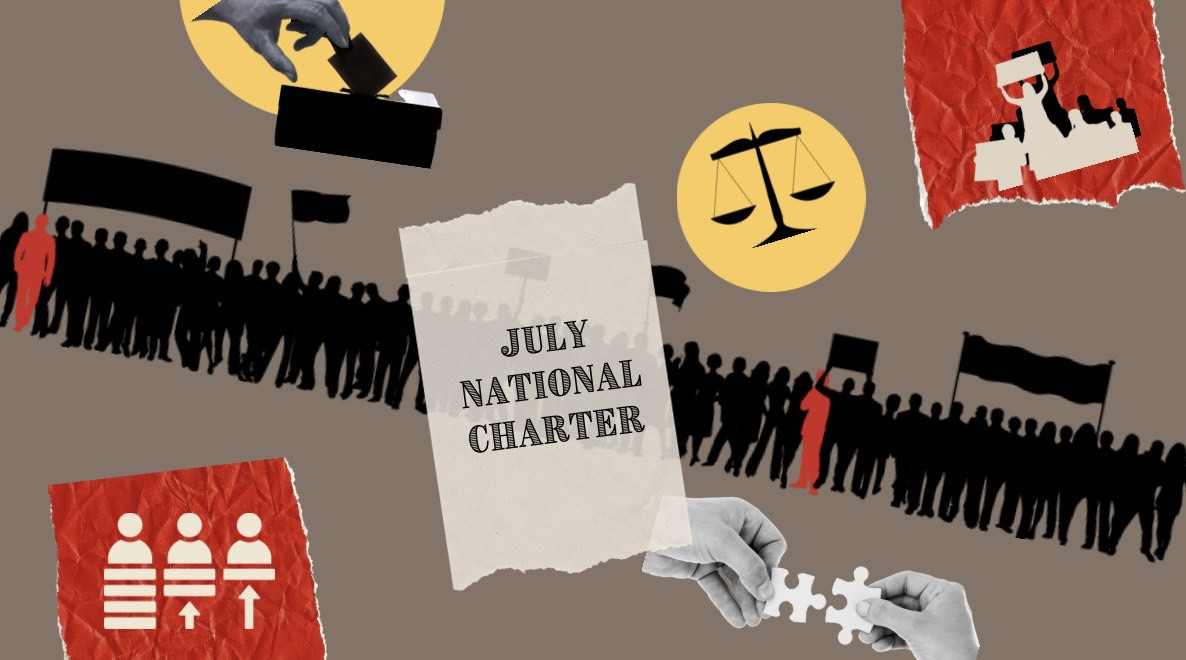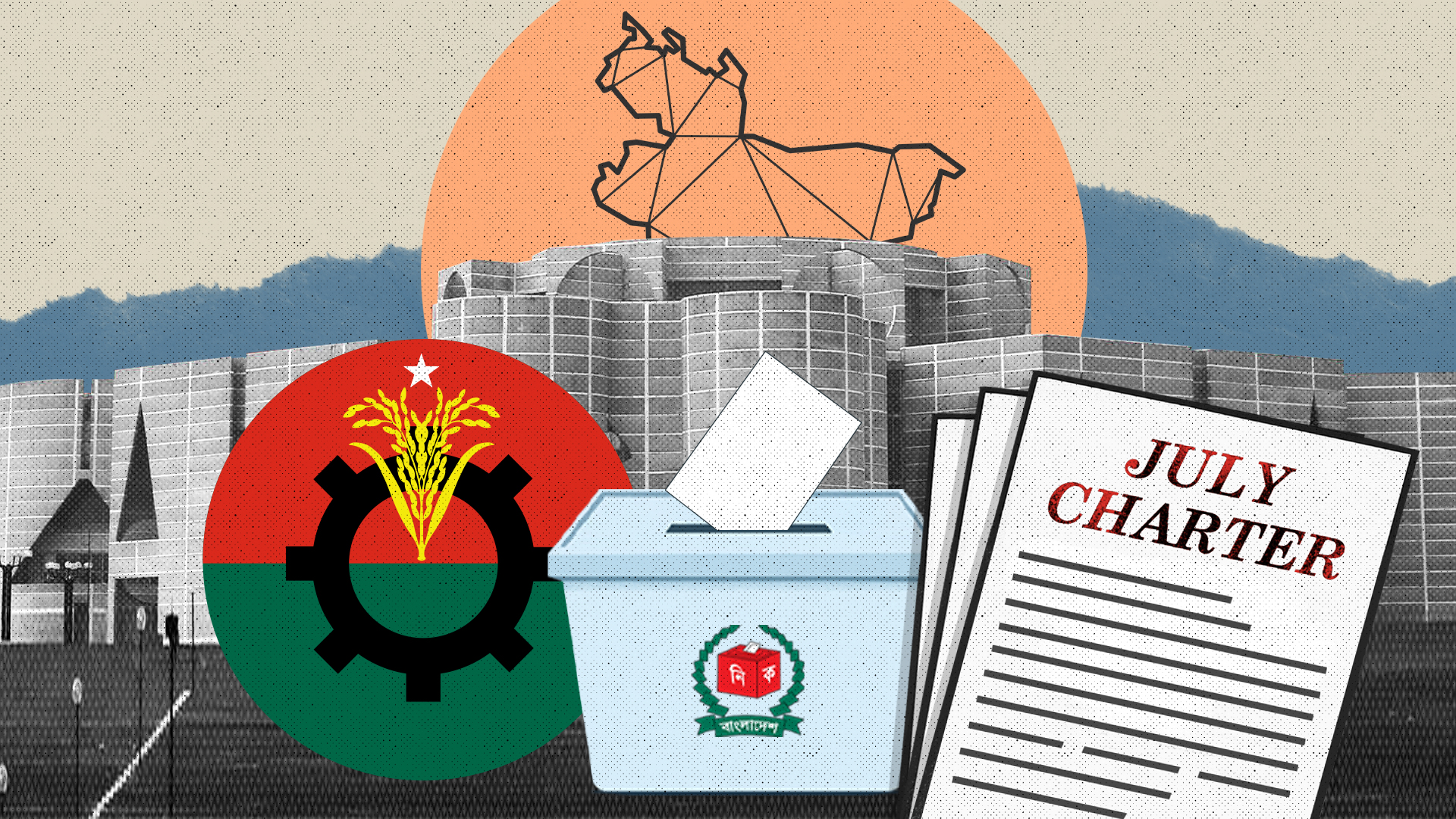The ‘consensus’ fiasco: An experiment that shouldn't have failed

Reaching consensus is not in our political DNA. That is why the prolonged effort of the National Consensus Commission (NCC) needs to be praised, but now that its mandate has ended, we need to reflect on why it has failed, not totally but principally. True, there are 84 recommendations that were agreed upon, albeit with dissent on a number of them. Where it really collapsed, however, was in the process of implementation: the NCP and Jamaat insist on an immediate decision for an early referendum, while BNP prefers a more moderate position—in favour of a referendum and the national election being held on the same day.
Two issues have now completely blocked further progress. First, the insistence of NCP and Jamaat that the referendum must be held as early as possible, certainly before the election. Second, the NCC's recommendation that the provisions of the July National Charter be automatically incorporated into the constitution if the newly formed Jatiya Sangsad, acting as a Constitution Reform Council, fails to take action within a 270-day timeframe. BNP opposes both demands. So, now there is a clear political divide.
We think there is still a possibility, albeit faint, of an agreement on the referendum, as BNP is not opposed to it in principle, only the timing. However, there exists a more serious concern about the suitability of the referendum itself. A referendum is usually held on a clear "yes" or "no" question. The three referendums held in Bangladesh before—in 1977, 1985, and 1991—all had very clear questions to which the public had to respond. The first two asked whether the public approved the tenures of Maj Gen Ziaur Rahman and Lt Gen HM Ershad, respectively, and the third asked whether the public approved the Twelfth Amendment that would restore the parliamentary government system.
But a referendum on a minimum package of 48 constitutional items in a charter is virtually unheard of. How many voters will know all the provisions? How does one vote "yes" or "no" if they agree with some items and disagree with others? And when no effort has been made to explain the charter's content to the public, how can the government or the relevant political parties justify calling a referendum on them at all?
The second issue—automatically incorporating 48 charter provisions into the constitution, bypassing an elected parliament—is even more problematic. Constitutional experts have called this an anti-parliamentary practice, asking whether such a precedent exists anywhere in the world.
Amid the confusion and uncertainty created by these divergent viewpoints and positions, one thing we firmly insist on is that the election must be held in February, as declared by Professor Yunus. The people of Bangladesh have been deprived of their right to vote since 2014, and the voters will not tolerate any excuse or manoeuvre to delay a free and fair election any longer. All political parties should realise that.



 For all latest news, follow The Daily Star's Google News channel.
For all latest news, follow The Daily Star's Google News channel. 

Comments